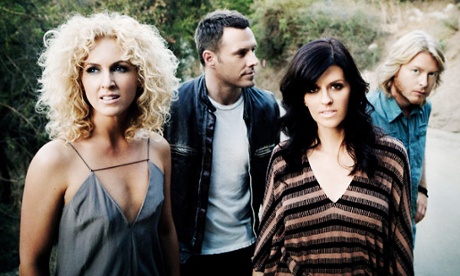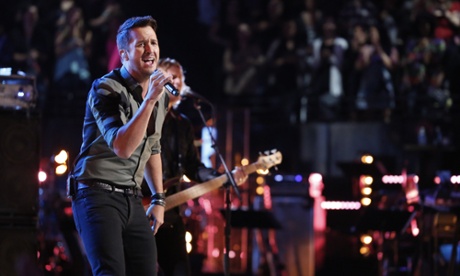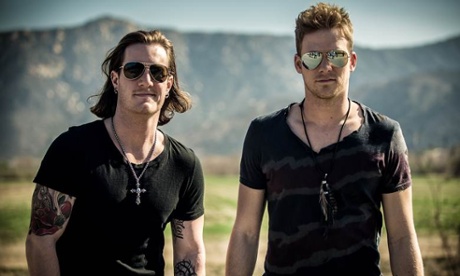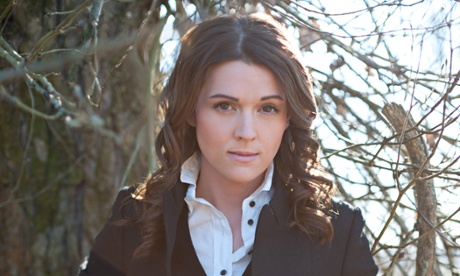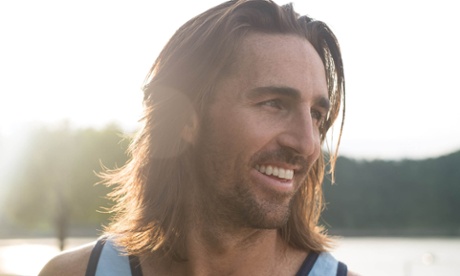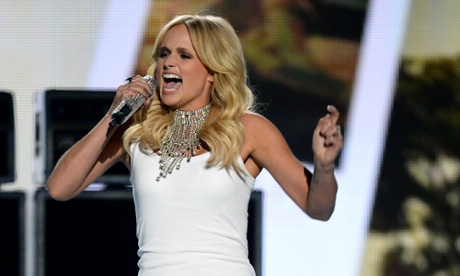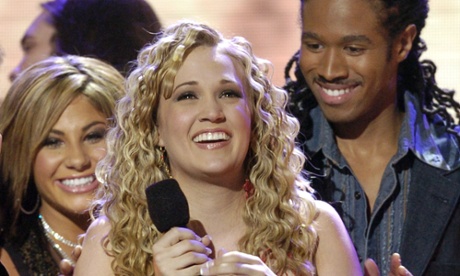At this point in 2015, any country music fan that even casually reads about the genre is undoubtedly tired of hearing about bro–country, the modern brand of derivative party anthems sung by men in trucks that has dominated country’s radio airplay and digital sales in recent years. Bro-country was coined by critic Jody Rosen in a 2013 New York magazine piece about the duo Florida Georgia Line that defined their musical stylings as “music by and of the tatted, gym-toned, party-hearty young American white dude”. Put in crasser terms: douchebag music.
The descriptor elicited sincere chuckles from readers, and it quickly spread throughout the country blogosphere – and eventually the mainstream media – as it developed derogatory connotations. Jason Aldean bristled when asked about being considered a bro-country artist recently, responding, “It bothers me because I don’t feel like it’s a compliment.” Well, he’s not wrong about that. Bro-country has become the pervasive, clickbait-compatible moniker for all country music by men that is unconcerned with tradition and very concerned with drinking and hooking up, and it’s understandable how that happened. For a couple years at least, it has seemed like it’s encompassed the whole of country radio.
Stars like Aldean, Luke Bryan, Cole Swindell, Chase Rice, Randy Houser, Jerrod Neimann and Thomas Rhett have sold a lot of digital singles, and subsequently taken a lot of heat for releasing imitative music with glaringly similar lyrical tropes and musical production (namely, drum machines with electric guitars). And the public has caught on. These days, it’s not uncommon to see features like the Washington Post’s Who’s that bro at the CMAs? A complete guide to the dudes of country music or the Atlantic’s The bro-country backlash is here or even People’s Martina McBride and Sara Evans Poke a Little Fun at Bro Country, a sure sign that bro-country has officially gone mainstream. This sense that country music is a cliche-laden boys’ club has sown the seeds for an impending female revolution – one we can all clearly see brewing with the ongoing responses to #Saladgate – but it’s also provided the impetus for an overhaul of the genre in a more holistic sense. Because here’s the thing: bro-country appears to be on its last legs.
Lately, country music’s most intriguing hits and powerful sellers have not fitted nicely into the bro-country mold. Little Big Town’s Girl Crush is a elegant doo-wop ballad in 6/8 time. Sam Hunt’s Take Your Time is a shimmery half-sung, half-spoken pop song. Thomas Rhett’s Crash and Burn is country music’s Uptown Funk, replete with the same “huh!” and “ha!” background noises that drove 1960s hits like Sam Cooke’s Chain Gang. Listeners have also connected to the organ-driven sex jam Like a Wrecking Ball by Eric Church, the baptismal diva moment Something in the Water by Carrie Underwood, and these new Pinteresty suburbanite songs like Jake Owen’s Real Life and Keith Urban’s John Cougar, John Deere, John 3:16. Among new acts, Cam’s gothic dream tale Burning House and Old Dominion’s Break Up With Him, which sounds primed for a Cam’ron remix, are both racing up the chart.
Sure, Luke Bryan’s got another hit with Kick the Dust Up and Jason Aldean scored with Tonight Looks Good on You, but other bros are showing off very different shades of their personalities. Blake Shelton’s Sangria has a smooth, Spanish feel and a subtler lyric than he’s lately served the public. Brantley Gilbert’s One Hell of an Amen isn’t subtle at all, but it contains real storytelling in place of anti-urban platitudes and trailer park machismo.
Country insiders can feel the shift. Joe Nichols, who has dabbled in bro-country with songs like Yeah, recently told Rolling Stone, “The fans are smarter than we think they are, and they start yearning for some kind of organic feeling that comes to music – not just, ‘I heard this before, it sounds familiar, I like the beat, so I’m gonna like it.’” And Big Machine label head Scott Borchetta told HITS that its diversity, not sameness, that helps the industry thrive. “Our next big artists live at the edge of the mainstream,” he said. “When you get it really right, they become the mainstream.”
He’s right, and at the moment, there is a remarkable amount of variety in the upper echelons of the country chart. There are shades of folk, R&B, disco, rock, blues and more than a little bit of pop. On the one hand, that’s a very bad thing for country music. When the format tries to serve fans of every genre all under the guise of country (as the Zac Brown Band attempted on their latest album), there’s a very real danger that it will dilute itself to the point of long-term identity damage.
But there’s a silver lining here, too – and that’s that country music isn’t sounding like a broken record, playing the same song over and over again. There are so many textures and perspectives coming to the surface that are keeping the format from devolving into a stereotypeable punchline – even as they evoke legitimate, “This is country now?” howls. It’s reminiscent of what occurred in pop a few years ago, when the homogeneousness of sugary dance pop songs like Party Rock Anthem and We Found Love, which sounded like mixes from the same club in Ibiza, gave way to funky oddities like Miley Cyrus’s We Can’t Stop, Lorde’s Royals, Robin Thicke’s Blurred Lines, and Beyoncé’s Drunk in Love, all of which pushed pop radio into bold new territory. Pop listeners were ready for a new sound, and now it appears that country fans are as well.
So rejoice! Truck songs are losing their appeal. Drinking in a cornfield is officially becoming passé. Women and newcomers are actually getting recognised by radio. After half a decade of the bros sucking all the air out of the industry, they’re being forced to broaden their scope in order to maintain the public’s imagination. It’s a small victory, sure. But the devil we don’t know is pulling up to the party, and I, for one, am ready for a new dance.
